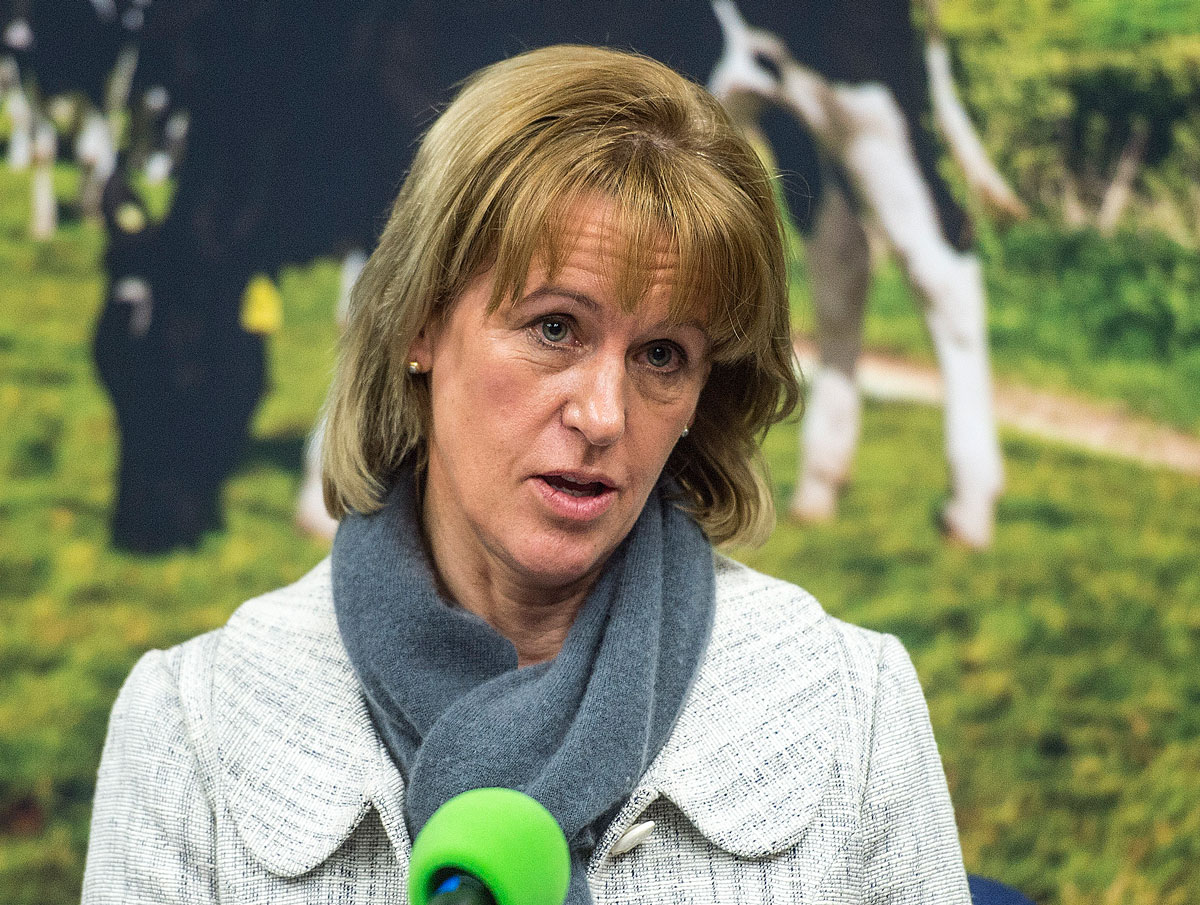Batters to lead Farm Profitability Review
Published on : 31 Jul 2025

Baroness Batters has been appointed by Defra to lead the Farm Profitability Review
Former NFU President and farmer Baroness Minette Batters has been appointed by Defra to lead the Farm Profitability Review. Following a meeting with Baroness Batters and in response to her call for evidence, BFREPA and the BEIC recently submitted a joint response on behalf of the egg sector. The response covered five areas (we could have included many more but were limited to five): supply chain fairness, the planning system, labour availability, IHT, and fair trade/UK imports. The following comments formed the basis of the planning section with the final letter being accessible for members on our website. The current planning system is too often leaving farmers feeling 'disenfranchised' 'angry' and 'undervalued'. A recent case where an existing free range producer wanted to expand highlighted this - the planning application for a 32,000 bird shed had cost circa £31,000 and despite the case officer recommending approval the application had been refused by the planning committee made up of elected Councillors. The farmer felt he had little option but to appeal which cost an initial £3,000. The greater cost arguably is the lost supply of eggs (and income for the farm) as a result of having to go to appeal and the associated delays – expected to be several months. The lost supply of eggs equated to 17,000 dozen eggs a week at a time when eggs were short and the packer and their retail customers were desperate for UK egg.Farmers produce the raw materials that egg packers and processors are reliant on and in turn our customers. If they can't get it we risk importing more eggs which is what we are seeing increasingly with Ukrainian egg. Production moving overseas does nothing for welfare or the environmentThe ammonia thresholds need to be reviewed. Current ammonia thresholds result in delays in obtaining planning permission, significant increased costs, scaling back of ambition and fundamentally prevents many farmers from entering the egg sector. One leading planning agent commented ‘I turn away a project almost every day because the rules are too tight’. In May the firm turned away 10 x 32,000 layer free range projects mainly because of stringent ammonia rules. They estimate that 9 out of 10 calls they receive end with them suggesting planning permission isn’t possible meaning only 1 in 10 enquiries progress. This is not only preventing farms from diversifying but also increasing domestic egg production.A bright note is that the Permitted Development Rights (PDR) rules generally work well given the timescale and significantly reduced costs involved, albeit the 400m rule is arbitrary and should be reviewed, likewise the 1,000m2 limit for livestock buildings needs reviewing. The current planning system could further be improved if decision making was set out more clearly at local authority level. In addition, delegation needs to be looked at with a view to more decisions being made by planning officers rather than planning committees. Biodiversity Net Gain (BNG) thresholds also need reviewing with a view to being reduced. In addition the planning system should move away from assessing muck/slurry spreading as it is already controlled by other regulatory frameworks.The current planning framework is not working for farmers and is stifling the UK’s ability to increase production and with it, self-sufficiency and food security. In addition, new units are able to incorporate the latest technology such as lighting, ventilation and monitoring systems with bird welfare and other aspects, such as productivity, being further improved.